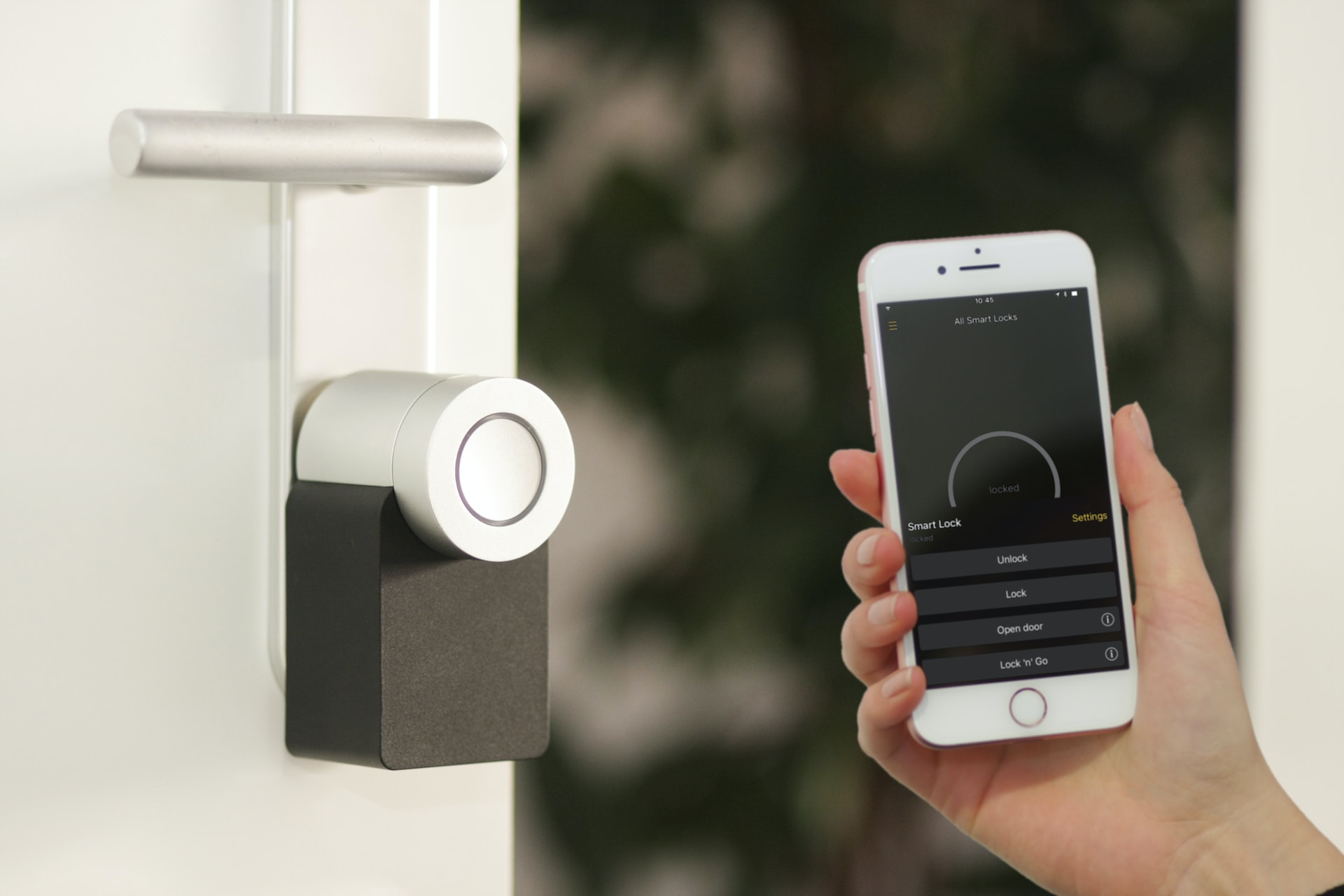In the continuously innovating world of real estate, smart home technology is becoming the latest trend. The use of innovative devices and systems in homes provides an array of benefits – from enhanced security to efficient energy control. It’s all about providing homeowners with convenience, security, and efficiency. Smart homes are not just a luxury anymore; they are increasingly becoming a necessity. As a real estate investor, understanding how to use this technology can significantly improve the value of your property.
Enhancing Home Security with Smart Technology
Home security is a top priority for homeowners. As a real estate investor, integrating smart security systems into your property can increase its value and appeal to potential buyers. These systems can range from smart locks, security cameras, motion sensors to advanced home automation systems.
Lire également : What are the trends in luxury residential real estate?
Smart locks allow homeowners to control access to their homes from anywhere using their smartphones. Security cameras provide real-time surveillance, and motion sensors alert homeowners of any unusual activities in their homes. Advanced home automation systems integrate these features, providing homeowners with comprehensive control over their home security.
Moreover, the implementation of smart security systems can reduce homeowners’ insurance rates. Insurers are increasingly recognizing the benefits of smart home technology and are willing to offer incentives to homeowners who install these systems.
A lire aussi : What are the best practices for managing a diverse portfolio of international real estate assets?
Energy Efficiency and Smart Thermostats
The growing concern about climate change and increasing energy costs has made energy efficiency a key consideration for homeowners. The use of smart technology, particularly smart thermostats, can significantly improve the energy efficiency of homes.
Smart thermostats allow homeowners to control the temperature of their homes remotely. They also learn homeowners’ schedules and preferences, adjusting the temperature accordingly to optimize energy use. Some advanced thermostats even integrate with other smart devices in the home, providing homeowners with an integrated energy management system.
Investing in smart thermostats and other energy-efficient devices can not only increase your property’s appeal to eco-conscious buyers but also result in significant energy savings. This can increase the profitability of your real estate investment in the long run.
Building a Smart Home with Technology
Building a smart home involves integrating various smart devices and systems into your property. These can range from smart lighting systems, smart appliances, to home automation systems.
Smart lighting systems allow homeowners to control the lighting in their homes from anywhere using their smartphones. They can also schedule the lighting to turn on and off at specific times, improving the energy efficiency of homes. Smart appliances, such as refrigerators, washing machines, and ovens, can provide homeowners with convenience and efficiency.
The integration of these devices into a comprehensive home automation system can provide homeowners with complete control over their homes. This control not only improves the convenience and comfort of homes but also increases their security and energy efficiency.
Marketing Your Smart Home to Potential Buyers
With the increasing demand for smart homes in the real estate market, it is essential to effectively market your smart home to potential buyers. This involves highlighting the benefits of the smart devices and systems in your property, and how they can enhance the buyers’ quality of life.
Potential buyers are not just looking for a property; they are looking for a home that can provide them with convenience, security, and efficiency. By emphasizing these benefits, you can appeal to their needs and desires, increasing the chances of selling your property at a higher price.
In conclusion, investing in smart home technology can significantly optimize your real estate investment. From enhancing home security to improving energy efficiency, smart home technology provides an array of benefits that can increase the value of your property. As such, it is a trend that no real estate investor should ignore. Be smart, invest in smart home technology!
The Role of Artificial Intelligence in Smart Homes
Artificial intelligence (AI) is one of the most significant contributors to the rise of smart homes. As an investor in real estate, understanding the role of AI in smart homes can set your property apart in the competitive real estate market.
AI in smart homes comes in various forms, such as virtual assistants (like Amazon’s Alexa or Google Home), robot vacuum cleaners, and intelligent security systems. These AI-powered devices not only offer convenience but also learn from the homeowner’s patterns and behaviors, providing personalized experiences.
For instance, virtual assistants can control various home devices, play music, provide weather updates, and even order groceries. Robot vacuum cleaners learn the layout of the home and clean efficiently without human intervention. Intelligent security systems monitor the home and can distinguish between residents and intruders, alerting homeowners and authorities if necessary.
Artificial intelligence can also contribute to energy efficiency. For instance, AI-powered smart thermostats learn your schedule and temperature preferences, adjusting heating and cooling in a way that conserves energy.
The integration of AI into smart home technologies presents a unique selling proposition. Potential buyers are likely to be drawn to the novel and practical benefits that AI-powered devices bring.
Property Management and Smart Home Technologies
In the real estate industry, property management can be significantly optimized using smart home technologies. As a property owner, the use of these technologies can make property management more efficient and cost-effective.
For instance, using smart locks can eliminate the need for physical keys or the hassle of key exchanges. Whether you’re renting out your property short-term or long-term, smart locks allow you to provide access to tenants remotely.
Additionally, using smart devices like security cameras and motion sensors can provide real-time updates about your property’s status, offering peace of mind even when you’re away. You can also monitor energy usage with smart thermostats and lighting systems, ensuring that your property is energy efficient.
In essence, smart home technologies can streamline property management tasks, saving time, energy, and resources. This efficiency can make your property more appealing to potential buyers or renters, enhancing its market value.
Conclusion
In the digital age, the real estate industry cannot afford to ignore the impact and potential of smart home technologies. As a real estate investor, understanding and leveraging these technologies can significantly optimize your property’s value and appeal.
Smart homes, powered by devices like smart thermostats, smart locks, and AI-driven applications, offer security, convenience, and energy efficiency. They enhance the quality of life for homeowners and present a compelling proposition to potential buyers.
Incorporating these technologies into your property management strategy can also streamline operations and improve efficiency. As the demand for smart homes continues to rise, those who adapt to this trend will stand out in the real estate market.
In conclusion, smart home technologies represent a significant investment opportunity for those in the real estate industry. By embracing these innovations, you can stay ahead of the curve and ensure that your investments deliver optimal returns. Be smart, invest in smart home technology – the future of real estate is here.






